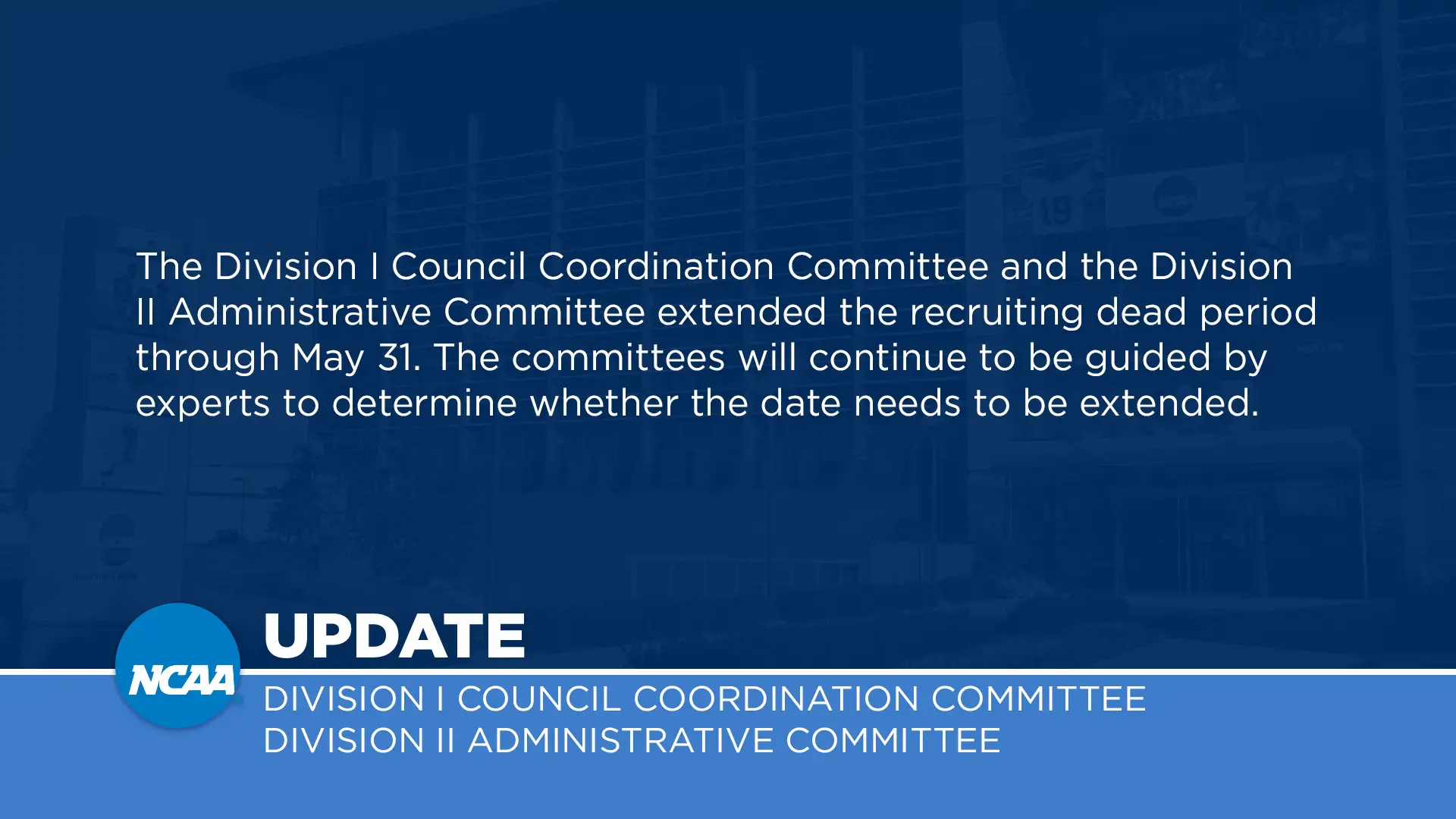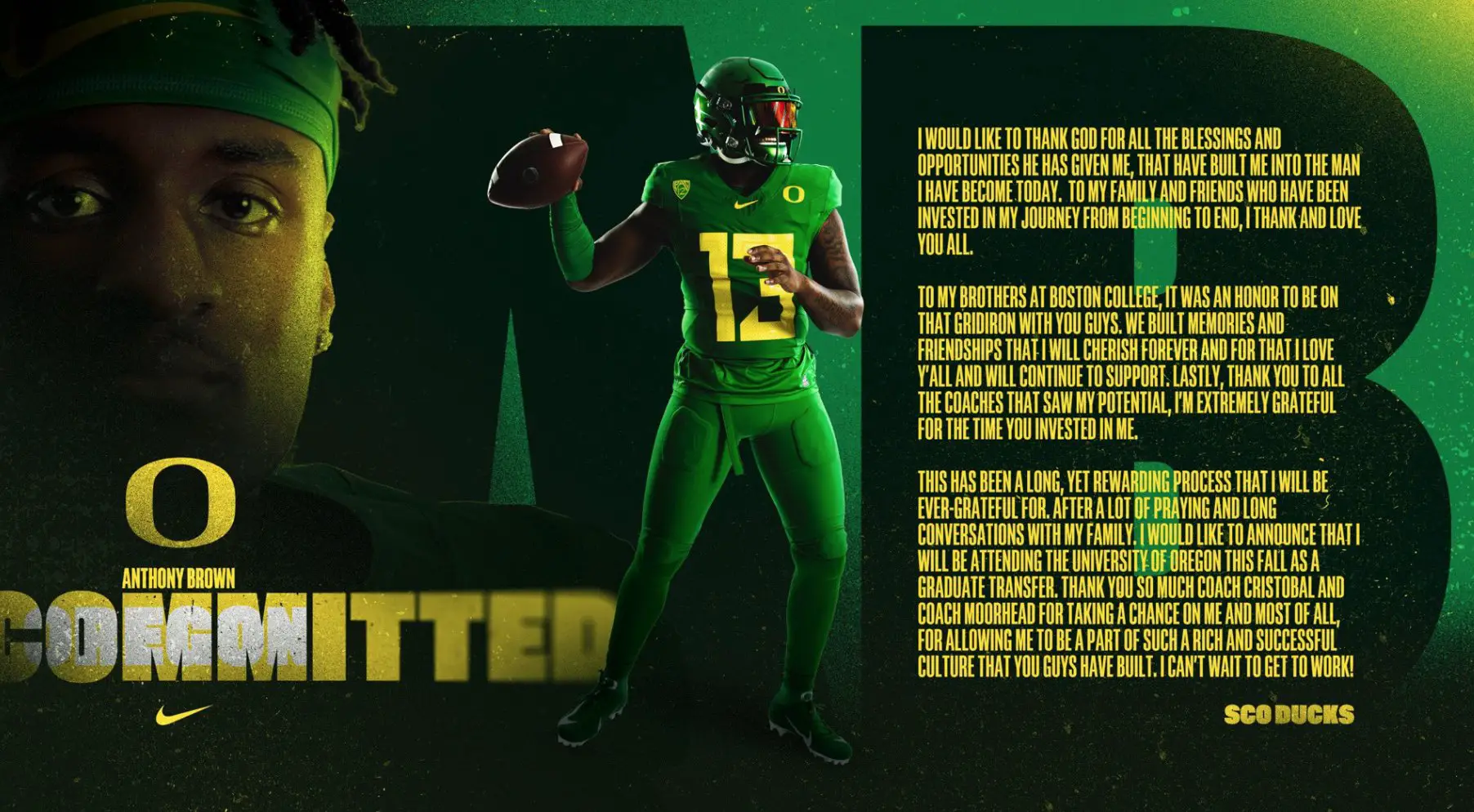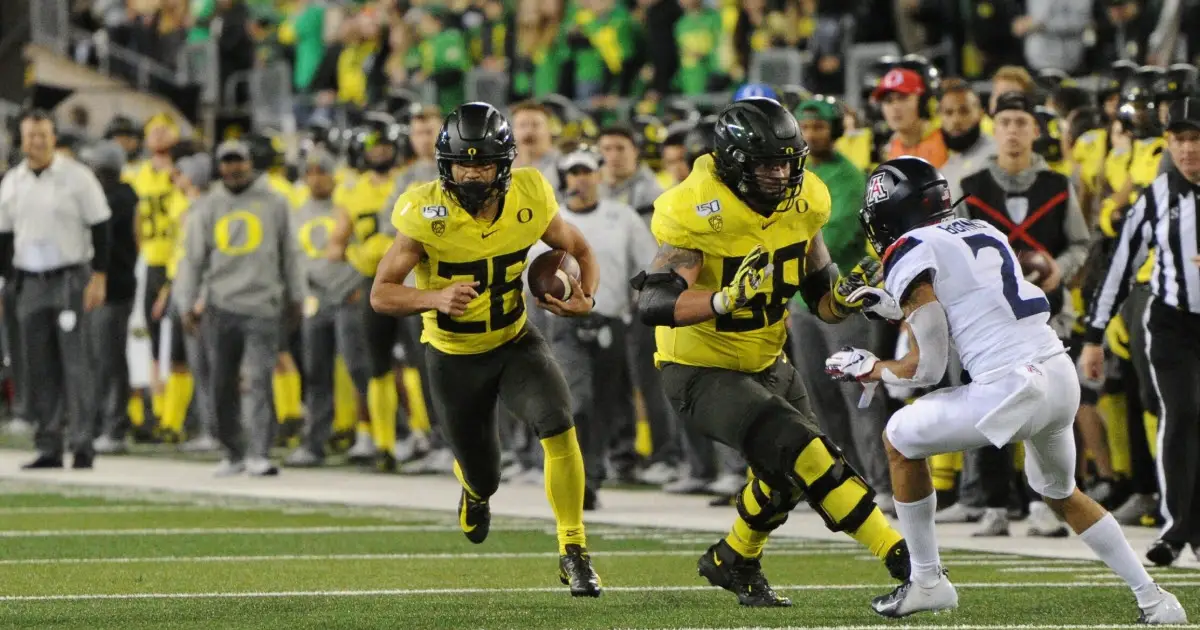We’re living in unprecedented times.
Major college sports recruiting is a multi-million dollar business in that a recruit’s eventual signature can lead to unprecedented revenue for a given school through on-field performance. Ticket sales, revenue sharing from tournaments, and brand recognition all stand in major flux.

The NCAA Tweeted an update.
In an effort to continue to curb the spread of COVID-19, yet further muddling the probability of the 2020 football season, the NCAA has extended the “recruiting dead period” until May 31st. Originally set to end on April 15th, worsening COVID-19 statistics have prompted the change.
Now, what does this mean?
According to the NCAA, the dead period is where “a college coach may not have face-to-face contact with college-bound student-athletes or their parents, and may not watch student-athletes compete or visit their high schools. Coaches may write and telephone student-athletes or their parents during a dead period.”
Looking past the obvious, one may conclude that the immediate future of many football programs is in jeopardy due to the lack of ability to interact with recruits in person. Not so at Oregon. Aspects of the culture installed by headman Mario Cristobal are that of continued brand recognition and promoting the idea of “virtual” family among committed recruits and those interested in donning the green and yellow. Specifically, it’s no secret that Oregon’s pull in southern California can be attributed in large part to the relationships cultivated between recruits (after independent visits and interactions with Oregon’s coaching staff).
How does this happen, some may ask? Cristobal and his assistants promote the family unit. Committed recruits seem to do a lot of talking, especially that of a public nature via Twitter and other social media, encouraging others to join Oregon’s movement; and where does this all start? From the top.
Fret not, Duck faithful — the foundation has been laid.
“You never fully hand over the keys because I think you lose the respect and integrity of the program when you do that,” said Cristobal. “Is (Tyler Shough) the guy in the lead? Without question. He has the most experience. He has put in time.”
Brown, however, is no slouch. Before his 2019 season was cut short after six games due to a knee injury, the 6’2, 220 lb. signal caller tossed nine touchdowns. Brown has accumulated over 40 touchdowns total while at the collegiate level.

Anthony Brown announces his transfer.
“I wasn’t promised anything and that’s another thing that I really liked about the staff,” said Brown. “No promises, no guarantees, no strings attached. Just me coming in … and me coming in and competing with the other quarterbacks. And being able to bring experience to the table is a huge thing for me. I really appreciated the fact that they offered me the opportunity to come in and compete, especially with nothing guaranteed.”
Look for a hotly-contested battle this fall.
Mark Flores
Salem, OR
Top Photo Credit: Tom Corno
 Natalie Liebhaber, the FishDuck.com Volunteer Editor for this article, works in the financial technology industry in Bozeman, Montana.
Natalie Liebhaber, the FishDuck.com Volunteer Editor for this article, works in the financial technology industry in Bozeman, Montana.
Related Articles:

Mark Flores, a Salem, OR resident, is a Firefighter/Paramedic and an avid Oregon Ducks fan. Prior to the fire service, Flores, a graduate of nearby Corban University, spent over seven years in professional journalism including a stint at the Statesman Journal in Salem and held the position of Sports Editor for the Hilltop News (Corban). A career transition however never dampened his love of writing and FishDuck is now his source to share his love of Mighty Oregon. Flores brings detailed knowledge of Oregon recruiting to the FishDuck team and welcomes your feedback.

